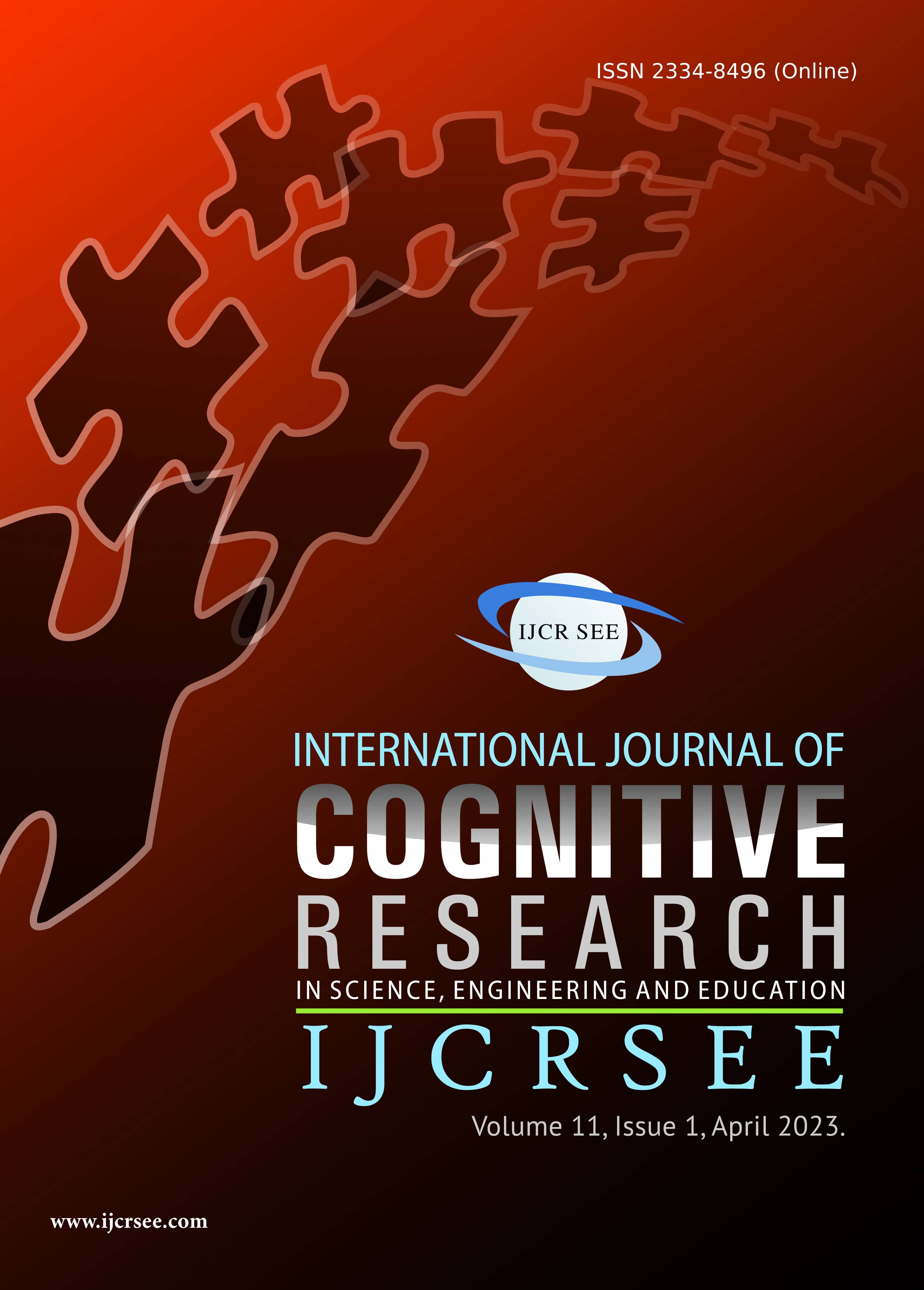Psychological Portrait of the Modern Mentor of Students’ Group Projects
Psychological Portrait of the Modern Mentor of Students’ Group Projects
Author(s): Irina Al. Bakaeva, Polina Ruslanovna Dmitrieva, Aleksandra Anatolievna ZHerdeva, Elena Petrovna Raevskaya, Nikolai Nikolaevich TimokhinSubject(s): Social Sciences, Education, Educational Psychology
Published by: Удружење за развој науке, инжењерства и образовања
Keywords: project activity; project mentor; tutor; emotional intelligence; communication skills; organizational skills
Summary/Abstract: The aim of the research is studying the individual psychological characteristics of teachers included in project activities as student teams mentors. The purpose of the work was to identify influence degree of individual psychological characteristics of mentors to the success level in the implementation activities of project student groups. The work presents the results of the empirical study based on the educational intensive SfeduNet, which was implemented and hosted by the Southern Federal University in cooperation with the NTI University 20.35. The object of the empirical study was 84 SfeduNet intensive mentors, aged 26 to 55 years (M=40.70; SD=7.36), 20,20% of respondents are men and 79,80% are women. Methodological tools are represented by psychological questionnaires: “Methodology for diagnosing general communicative tolerance” (V.V. Boyko), “Motivation for success and fear of failure” (A.A. Rean), “Communicative and organizational skills (COI-2 emotional intelligence questionnaire by D.V. Lyusin. The individual psychological characteristics of project mentors were identified, as well as the features which determine the mentor’s effectiveness activity for project team support. They were identified as: tolerance, the ability to understand and accept other people’s individuality, their specificity, manipulative orientation in communication, invaluable attitude towards people, the ability not to accept herself or himself as a reference person, beyond comparison with themselves and their value preferences. Collected data are of practical importance and are significant and widely used in project activities implementation at the stage of selection, training and mentors’ support.
Journal: International Journal of Cognitive Research in Science, Engineering and Education (IJCRSEE)
- Issue Year: 11/2023
- Issue No: 1
- Page Range: 27-35
- Page Count: 10
- Language: English

